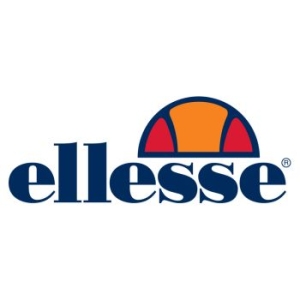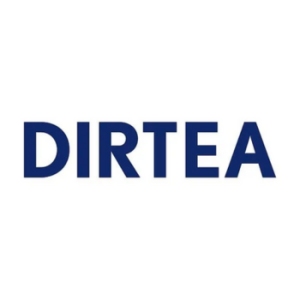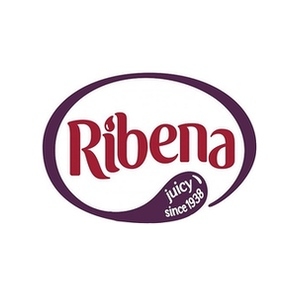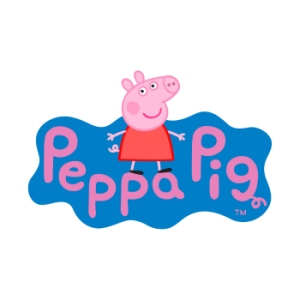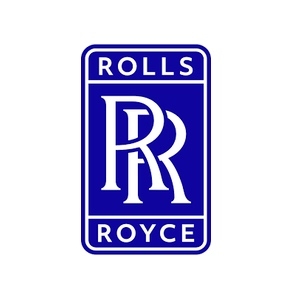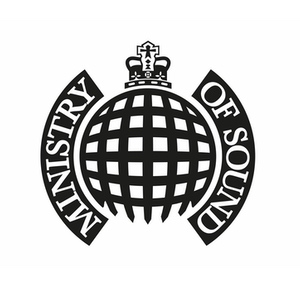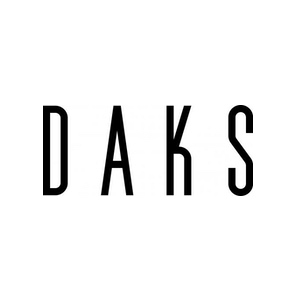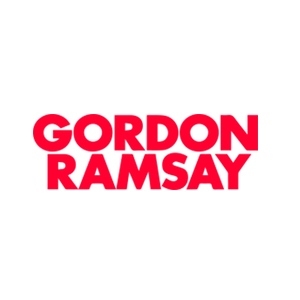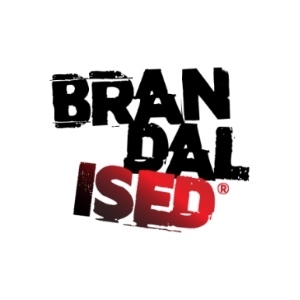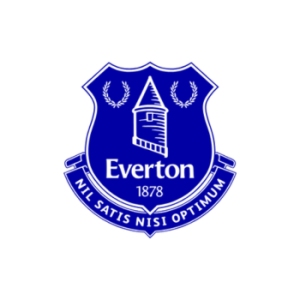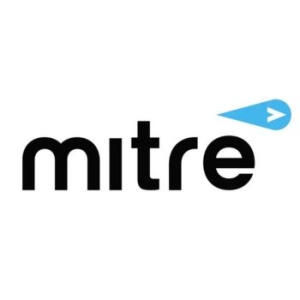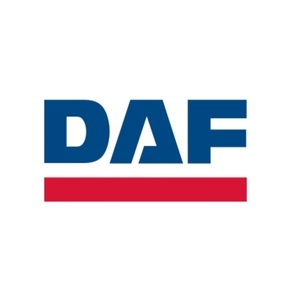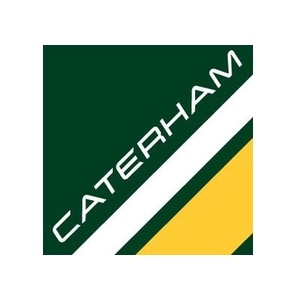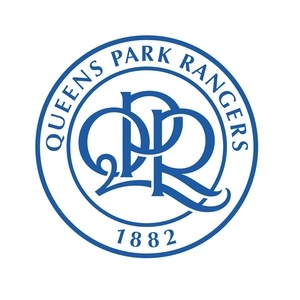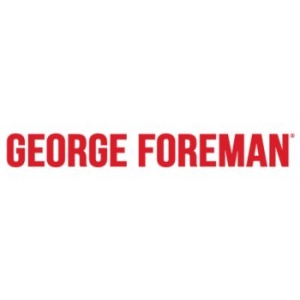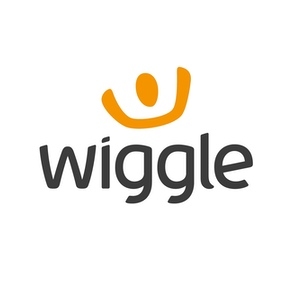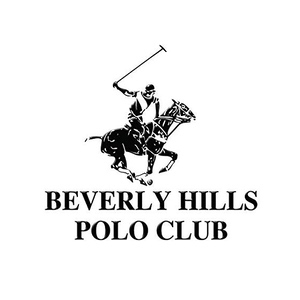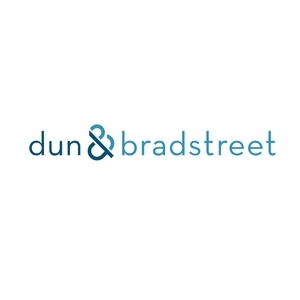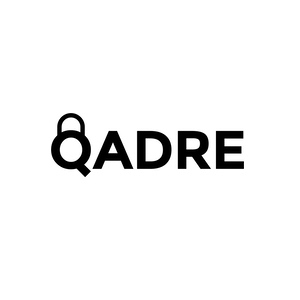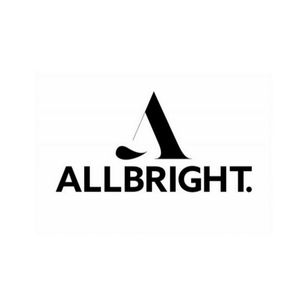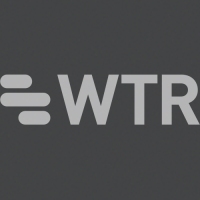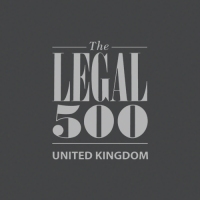Search-a-brandPowered by BRANDSMITHS
Search-a-brand assists you in researching, choosing and building a brand for your company, service or product. Try it out and search with the intended name!

CHELSEA’S FA CHARGES: WHAT CAN OTHER CLUBS LEARN ABOUT TRANSPARENCY AND SELF-REPORTING?
Author: Courtney Bryan-Isaacs
The Football Association (the “FA”) has charged Chelsea Football Club (“Chelsea”) with alleged breaches of Regulations J1 and C2 of The FA Football Agents Regulations, Regulations A2 and A3 of The FA Regulations on Working with Intermediaries and Regulations A1 and B3 of The FA Third Party Investment in Players Regulations. Here, Courtney Bryan-Isaacs explains what other clubs can learn about transparency and self-reporting.
The regulations
Below, you will note that the wording of the regulations overlap, for completeness, we provide a brief overview of the regulations that Chelsea have allegedly breached at the time they were in force.
The FA’s football agent regulations
Although the FFARs have been updated and the regulations cited by the FA are now referred to differently, at the time of the alleged breaches, Regulations J1 and C2 were the provisions in force.
Regulations J1 and C2 state that a club must not use the services, either directly or indirectly, of an unauthorised agent in relation to an agency activity. A club must not directly or indirectly make any payments to any unauthorised agent in respect of any agency activity. Further, a club, player or authorised agent must not so arrange matters as to conceal or misrepresent the reality and/or substance of any matters in relation to a transaction or contract negotiation.
The FA regulations on working with intermediaries
It is worth noting that the FA’s new Football Agent Regulations were to come into force on 1 January 2024 and supersede the FA’s Regulations on Working with Intermediaries. However, these regulations were in force at the time of the alleged conduct of Chelsea and are therefore still relevant.
Regulations A2 and A3 set out that a player or club must not use or pay any person for “Intermediary Activity” unless that person is registered and is entitled to act under a valid representation contract. Further, a club, player, intermediary or other participant must not arrange matters to conceal or misrepresent reality and/ or substance of any matters in relation to a transaction.
The FA third party investment in players regulations
These regulations are founded on the principle that no party, other than a Club itself, should be placed in a position where it may be able to influence the manner in which a Club operates, its policies or the performance of its teams.
Fans will remember that the concept of third party investment was thrust into the limelight as a result of Carlos Tevez’s third party owners having the contractual right to force West Ham to sell the player if a suitable bid was received.
The charges
Chelsea face 74 charges for conduct between 2009 and 2022 with specific focus on the events that took place between the 2010/11 and 2015/16 season. As football fans are aware, the 2010/11 to 2015/16 period which is subject to the most scrutiny is the period under which Russian billionaire Roman Abramovich owned Chelsea.
As a result of due diligence during the acquisition of Chelsea in 2023, the new ownership group became aware of financial reporting discrepancies and consequently, Chelsea self-reported the matter to the FA and other relevant regulatory bodies. Chelsea note that they have “demonstrated unprecedented transparency” during the process which should be key in reducing any punishment. There are significant precedents which demonstrate the FA will reduce punishments where a party co-operates.
In terms of likely punishments, it is difficult to predict at this early stage. Punishments can range from financial penalties, suspensions of individuals, registration or transfer restrictions, and, in the most serious cases, points deductions or exclusion from competitions. While the FA has historically tended to impose fines and individual sanctions, recent examples show that non-financial punishments are possible in football regulation more broadly. Reading FC were fined £200,000 in 2024 for breaching agent regulations, with senior executives also disciplined, and in 2008, Luton Town received a 10-point deduction for financial misconduct and agent-related breaches. It is noted that UEFA has previously fined Chelsea €10 million in July 2023 after they self-reported for breach of Financial Fair Play regulations. Given the number of charges and the timespan of those charges, it is however unlikely any determination will arrive soon.
In terms of next steps, Chelsea has until 19 September 2025 to respond to the charges. Given the extent of the charges, Chelsea may opt to extend that deadline.
Brandsmiths is a trading name of Brandsmiths S.L. Limited which is authorised by the Solicitors Regulatory Authority, SRA No: 620298. Founding Partner: Adam Morallee
Privacy and Cookie Policy | Terms and Conditions | Complaint Procedure | Site by: Elate Global
